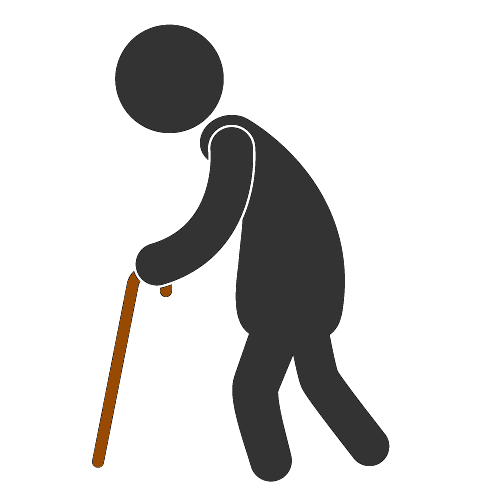What is Music Therapy?
Music Therapy is a research based, Allied Health profession that is governed by Australian Music Therapy Association (AMTA). The AMTA (2013) provide the following definition:
"Music therapy is the intentional use of music by a university trained professional who is registered with the Australian Music Therapy Association Inc. Registered music therapists draw on an extensive body of research and are bound by a code of ethics that informs their practice.
Music therapists incorporate a range of music making methods within and through a therapeutic relationship. They are employed in a variety of sectors including health, community, aged care, disability, early childhood, and private practice. Music therapy is different from music education and entertainment as it focuses on health, functioning and wellbeing. Music therapists are committed to supporting people of any age and ability regardless of musical skill, culture or background."




